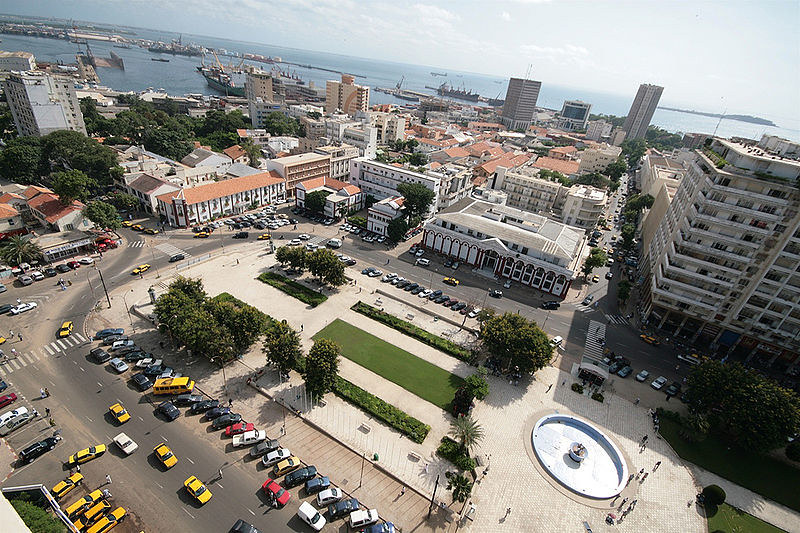By Daanyaal Matthews
The Senegalese 2024 election season has concluded following the Pastef’s political parties’ victory over the ad hoc coalition formed between the Alliance for the Republic and Senegalese Democratic Party.
While Pastef will celebrate this victory today, the circumstances of Senegal’s future become more perplexing as the new regime must navigate through a treacherous circumstance with a loan from the IMF, totalling roughly $1.9 billion, being suspended while the country is audited following the findings that the previous administration had underreported the national debt.
For Doctor Paul Kariuki, Executive Director of Democracy Development Programmed at the University of Kwa-Zulu Natal, the suspension of the IMF loan and the general loss of financial credibility in the international market is a great hindrance, and how the Senegal government deals with this challenge will be the barometer for the African states’ future.
“There’s going to be a real test on how the government programs are going to translate now into reality so that they can meet the needs of society and give them a chance to save their lives,” argued Kariuki.
However, while the challenge of underreported debt weighs atop them, Kariuki further contested that the success of Senegal should not be undersold, as the African state had avoided the fate of its regional partners by circumventing a potential civil war due to political conflict earlier in its presidential elections.
“We had the former President seeking an unconstitutional extension of his term of office, and things worked in favour of the current President due to the overwhelming amount of support he received from civil society and citizens in general, who voted in their numbers to get the new regime coming on board. So, as a beacon of democracy in the Western African region, the country has showcased resilience that has not been seen in a very long time and stood their ground in terms of resisting an unconstitutional of the time of office of the former president,” commented Kariuki.
Listen to the full interview here:
Photo: Wikimedia Commons









